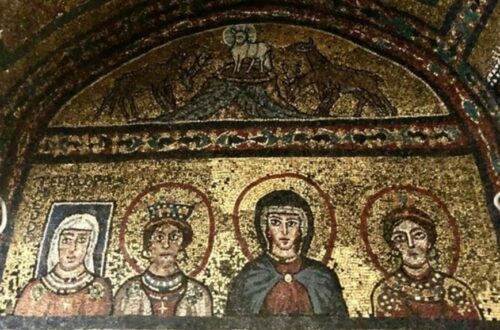Thanksgiving: Not Only for Giving Thanks
Canadians recently celebrated Thanksgiving, while Americans will be celebrating it later this month. Does your country have a specific day for giving thanks?
While many Americans associate Thanksgiving with Pilgrims and Native Americans, it was Abraham Lincoln who made Thanksgiving a national holiday in the midst of the Civil War. In his October 3, 1863 proclamation, Lincoln spoke to a fractured nation and proclaimed a national day of thanksgiving. Not only that, he asked for prayers for “the Almighty Hand to heal the wounds of the nation and to restore it as soon as may be consistent with the Divine purposes to the full enjoyment of peace, harmony, tranquility and Union.”
Current events have exposed divisions in many nations. Like it or not, sharp differences are splitting countries and cultures. Racial divisions are becoming more apparent. We can shake our heads and complain about the divisions or, on the occasion of Thanksgiving, we can offer both thanks to God for our blessings and also prayers for reconciliation, as President Lincoln suggested. We can join in the process of reconciliation, in pursuit of unity.
We who follow Jesus ought to be experts on this topic, because our leader is the great reconciler. Sacrifice is at the heart of reconciliation: God the Father gave up his only Son to reconcile the undeserving world to himself (John 3:16). God the Son emptied himself and died on the cross (Phil. 2:6-8). What are we willing to give up? The right to defend our political candidate? The right to have our way in how our country is run?
Lauren Barbian, a mental health counselor, recently wrote:
Unity does not start with the broken-hearted getting over it and moving on. It starts with the people in the Church who are not currently broken rushing with open arms to those who are, and saying, ‘Here am I. How can I help?’ It starts with listening and affirming and bearing witness to pain, even when it is uncomfortable or easier not to. Our country will not be unified unless we develop the eyes to see each other's pain.
Let me quote that last part again, in case you skimmed over it: “Our country will not be unified unless we develop the eyes to see each other’s pain.”
What does that look like? I believe it looks like one person sitting down face to face with someone else who feels differently about issues and hearing that perspective—without defensiveness—and expressing empathy. It starts with putting legs to Philippians 2:3-4: “Instead of being motivated by selfish ambition or vanity, each of you should, in humility, be moved to treat one another as more important than yourself. Each of you should be concerned not only about your own interests, but about the interests of others as well.”
Mutual understanding and respect for different viewpoints have been scarce in this country. Take the first step to cultivate this kind of understanding by listening to those who think differently. Don’t complain that others before you didn’t start the process. Be the agent of reconciliation to those who are hurting, regardless of whether anyone has done that for you in the past.
So, celebrate Thanksgiving with thankfulness. Feast with family and friends. Watch some football. But also determine to pursue reconciliation, starting with the body of Christ and moving outward.
Much of this blog first appeared in November, 2016, on this site.
Sources:
Lincoln’s Thanksgiving Proclamation http://www.civilwar.com/resources/308-speeches-a-proclamations/148534-abraham-lincoln-s-thanksgiving-proclamation.html
Counselor Lauren Barbian graciously gave permission for me to quote from her Nov. 10, 2016 Facebook post. Her ideas inspired and influenced this blog.


